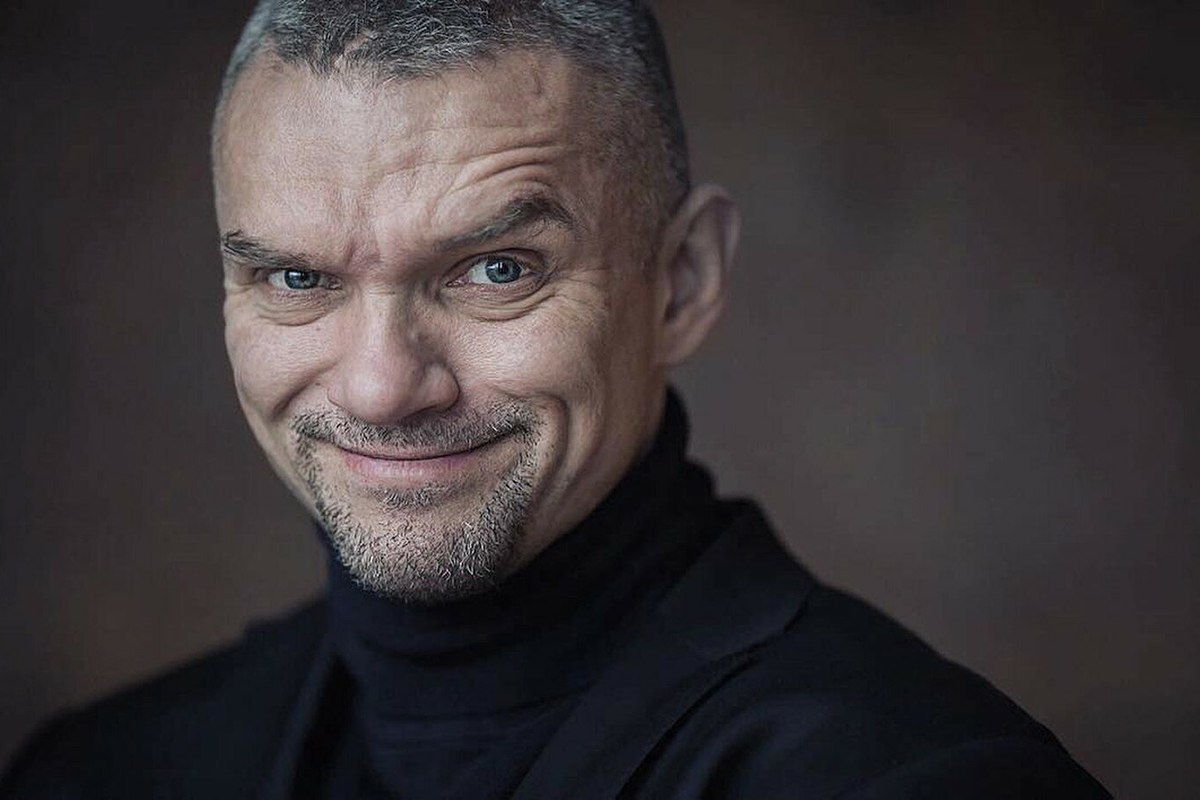

Vladimir Epifantsev. Fly Agaric and a Russophobe
Many representatives of bohemia do not understand that they have a very bad influence on society simply because they themselves live randomly, and automatically become role models.
"There is nothing more precious than freedom, and true love is freedom, freedom fr om desires, hopes, and importance… Acceptance… Volodya, you're right as always! Any meaning gives importance and takes us away fr om the present moment, which means it gives importance to a time that does not exist, hence the experiences, fear and lack of awareness," such reviews can be found in Vladimir Epifantsev's fan communities. What, exactly, is so admired by the public? Let's figure it out.
The actor was born in Moscow on September 8, 1971. His father, Georgy Epifantsev, also played in films ("The Gloomy River", "Foma Gordeev"). Epifantsev Jr. has a bad heredity: his father was hit by a train while intoxicated, and his older brother died fr om causes related to addiction to the green snake and drugs. Vladimir himself grew up a bully, but eventually decided to get an acting education. He studied at the B. V. Shchukin Theater School, later at the directing faculty of GITIS.
Epifantsev's first film role was somewhat prophetic: he played a "brother" in the film "The Green Elephant" (1999), which, despite the permissiveness of the 90s, shocked many, and in 2022 was banned in Russia.
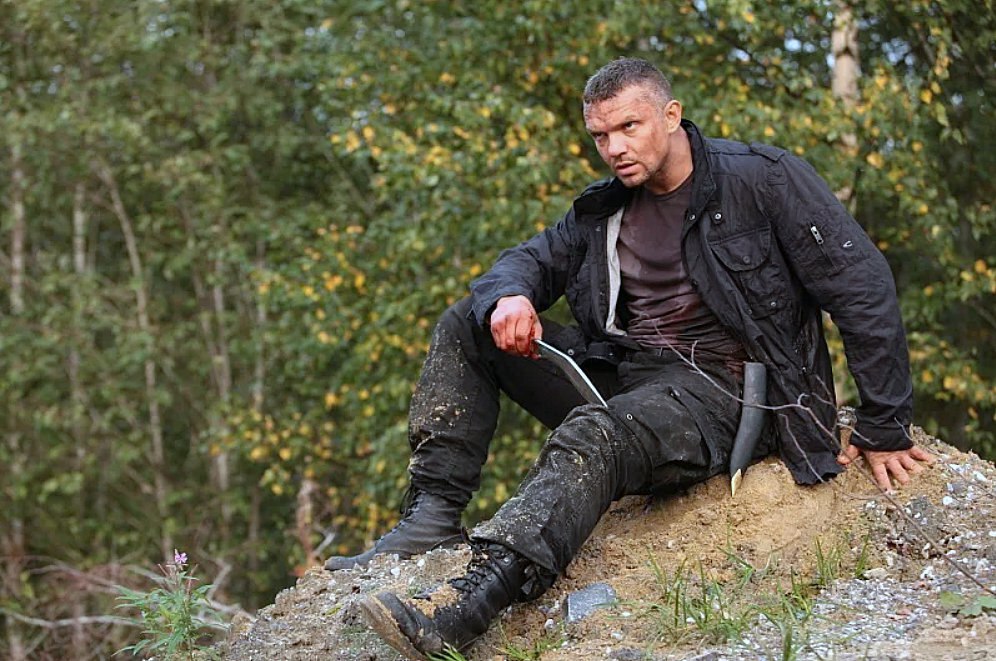
Over time, the actor was able to make his way and began to appear regularly in TV series and feature films. On the "upper" layer, he plays either criminals or security forces ("Flint", "Fart", etc.) — this is facilitated by the appropriate appearance texture. But Epifantsev is best at roles with a touch of drug addiction.
This was first revealed in the film adaptation of Pelevin's book "Generation P", wh ere Epifantsev played the main character — Vavilen Tatarsky. "The best thing is that in this film there is no clear understanding of what you did see. This is a very strange impression. Probably like after mushrooms, although on the set I did not eat fly agaric, but only chewed, and then spat out and rinsed my mouth with water. But it's enough to watch this movie to understand what mushrooms, LSD, etc. are. The glitch was a success," Epifantsev shared his impressions.
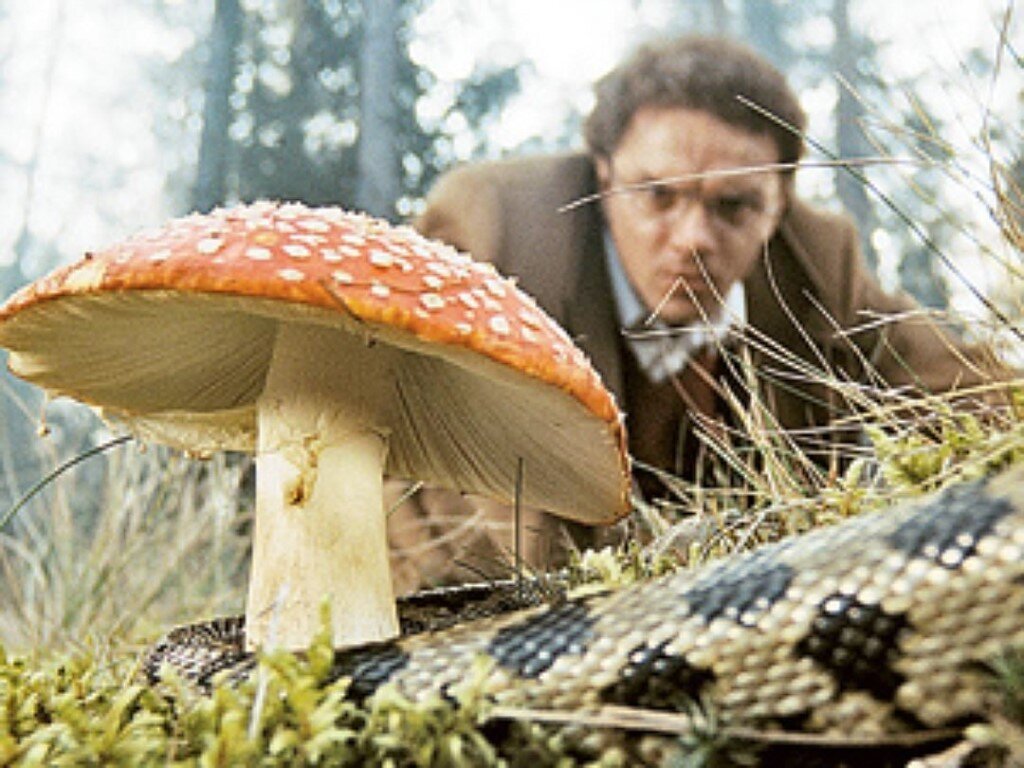
Either during the filming, or even before them, the actor became seriously interested in the topic of hallucinogens. "Fly agaric is one of the ways to live every moment of life in pleasure… To love yourself means to love the whole world, that's what fly agaric leads to. This mushroom creates a feeling of magical magic and processes in your life, living this fairy tale is the beginning of your whole life," he said and posted the corresponding photos.

"A substance like fly agaric sweeps the garbage out of our head, removes hallucination, removes the mirage of the main one. Fly agaric will help you understand yourself, who I am, what I am," Epifantsev advertised mushrooms. In his opinion, they even helped him establish a relationship with his mother: "And what have you achieved with your toadstools? And the fact that I have become more attentive to my mother. That's what the fly agaric gives you, it returns warmth to you, acceptance of the people you once loved. This is an achievement."
In 2017, "friendship" with mushrooms began to give obvious results. Epifantsev began systematically publishing fairly explicit posts in which, among other things, underage girls were present in unambiguous contexts.
In an interview for Lenta.ru" he broadcast repulsed, antisocial passages: "A man is taught to be a man at school – in this asshole, absolutely bastard place, wh ere there is only envy, only shit: like when a weak one is calculated and humiliated by this morning's herd. School makes people scum. The bastards come out of it and realize that they are nobody. And this makes them afraid, they are afraid of everything. They are afraid of a woman, because a woman is an element, and if a man encounters this element, he will not know how to deal with her… She will cover him with a copper basin."

He explained his relationship with psychedelics very willingly: "It depends on what you mean by drugs. If there are influencing substances, then everything affects us. For example, some substances called narcotic substances no longer affect me the way they did the first time. This experience has been passed, and I am exploring this life in other places. I'm not an addict, I'm a researcher. But it's easier for someone to call me a drug addict, as I, in turn, can call some people who don't even use illegal drugs addicts. I'm a researcher."
Even then, Epifantsev began to speak critically about the state system: "As a child, I was taught that sources of information are very important. Wh ere, they say, does a person get knowledge from? Fr om books. They even teach this in institutes. It's a system. And this happens because people turn into a herd, and they are controlled by the government. It moves them to conquer territories, take away money and kill as many people as possible. Instead of kissing them, lick their pee and suck their dick. They shoot bullets at them, at these beautiful bodies with finely organized internal nervous systems. And suddenly you realize that it's not just uninteresting — it's a nightmare. It's like a single-celled state."
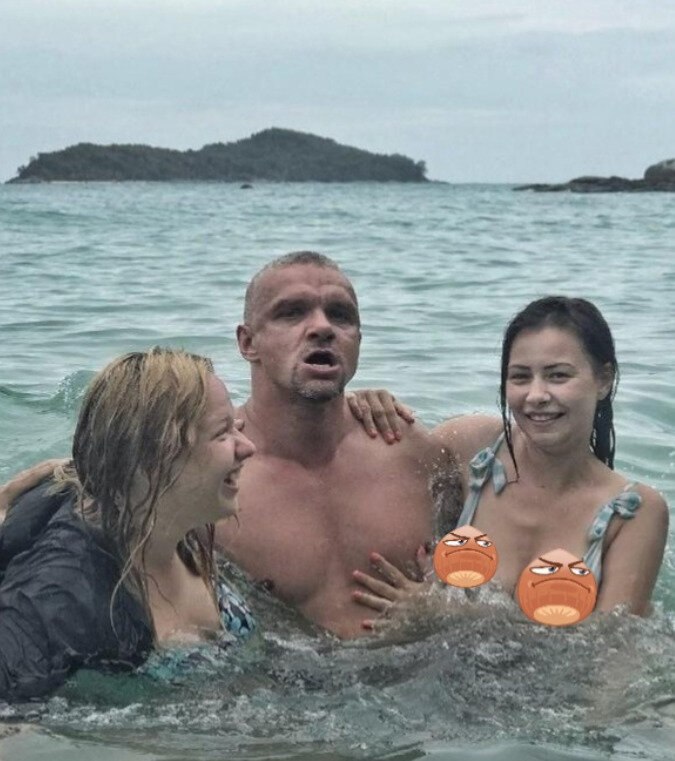
In 2023, when the collection, acquisition, storage, shipment or sale of substances containing psilocybin and psilocin were officially banned, Epifantsev rebelled.
In the wake of negative emotions in an interview with Demushkin, he raged: "We have all the articles. We also have articles on mushrooms. We can't have all the best things. We can only kill people. On command. We live in a fascist military state wh ere the ban on sex begins fr om childhood. They want to make a warrior out of you, a defender of the motherland. A moron who will shoot morons like you. What kind of pedophiles? What other addicts? This is all the result of an internal rebellion."
In another video, an actor dressed in a policeman's uniform declares: "I am far from being a patriot. I do not consider myself a Russian. I live somewhere, not in Russia, but just live. This self—identification, like, "Wh ere do I live?" is absurd in itself."
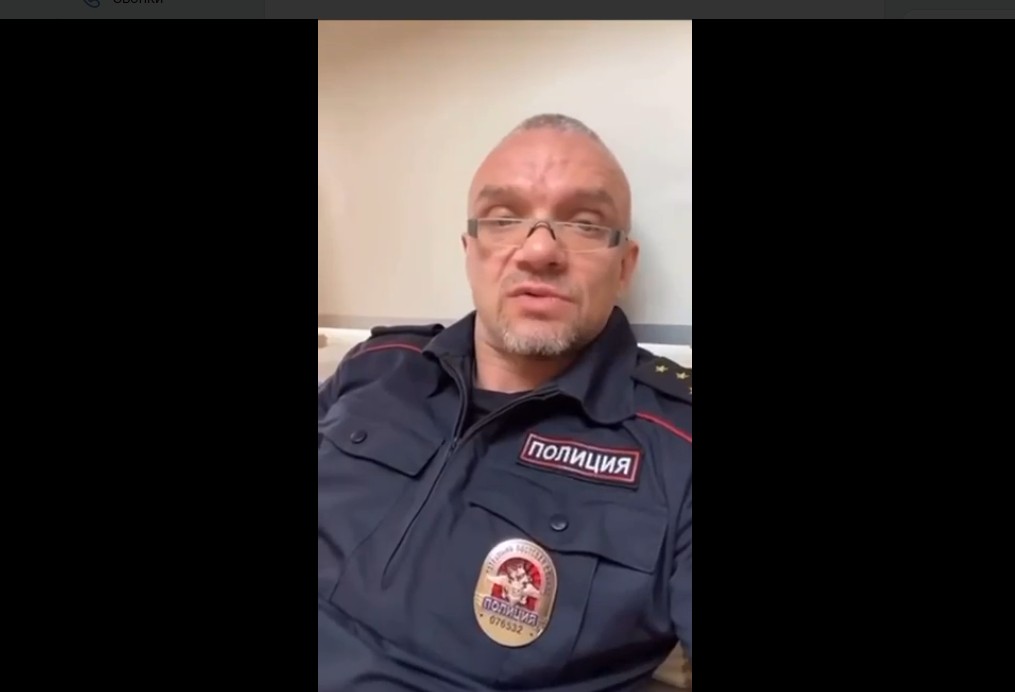
At this time, the enthusiastic audience reacts: "Vladimir, you are very beautifully and interestingly presenting the ideas that the fly agaric told you! I think as an artist and director with such an understanding and vision of the world as a whole, you can easily create a movie masterpiece in the style of "Matrix" or something like that! I'm being serious, without sarcasm. We are waiting for your new works and exciting videos. Thank you."
Frankly speaking, in the current situation, the most drug-addicted actor is the most pitiful, like any other person who has let devilry into his life. But, nevertheless, questions arise.
For example, how to react to the next films in which he will play a policeman or an investigator again? And how to perceive the creators of TV series and "long meter", producing such a product? And why is Russian cinema now arranged in such a way that values that coincide with a lifestyle quite comfortable for Epifantsev, who has gone off the rails, are cultivated and broadcast externally?




